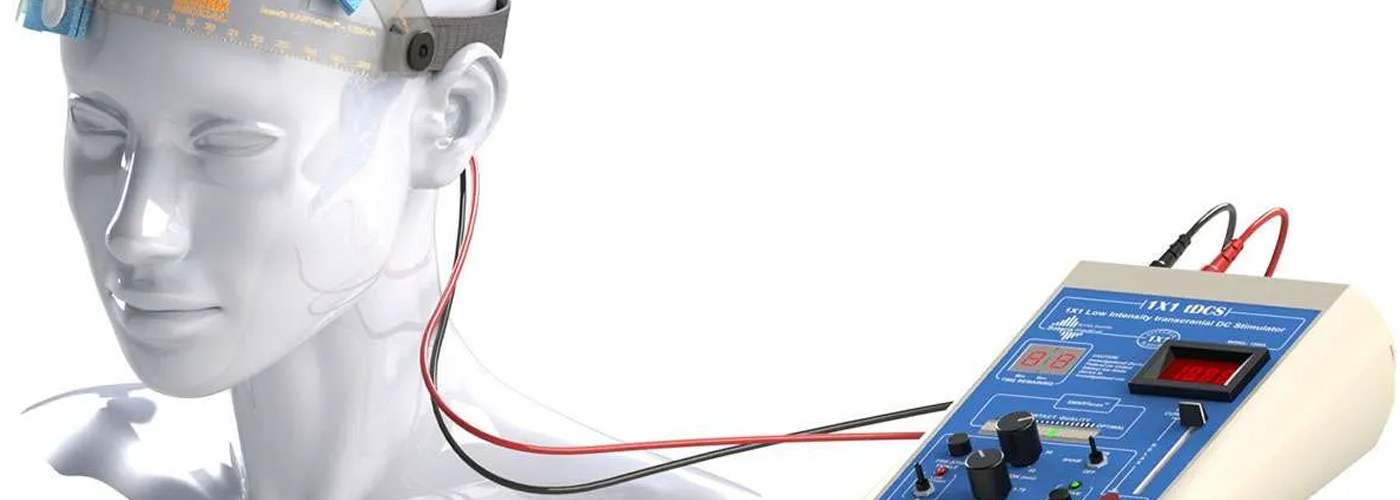
Neuromodulation refers to the use of electrical or magnetic stimulation to alter the activity of neurons in the brain. Transcranial direct current stimulation (tDCS) involves passing a low electrical current through the brain to increase or decrease neural activity, and has been used to treat conditions such as depression and chronic pain. Repetitive transcranial magnetic stimulation (rTMS) uses magnetic pulses to stimulate the brain and has been shown to be effective in treating depression and other mental health conditions. Biofeedback involves providing real-time information about physiological processes such as heart rate or brain activity, allowing individuals to learn how to control these processes through self-regulation techniques. Neuromodulation techniques like tDCS, rTMS, and biofeedback offer promising approaches to treating a range of neurological and psychiatric conditions.

 Video Interviews on Television
Video Interviews on Television Radio Fm Interviews
Radio Fm Interviews Articles in Newspapers
Articles in Newspapers Mental Health Activities
Mental Health Activities Awards and Celebrities
Awards and Celebrities Corporate Mental Health
Corporate Mental Health
